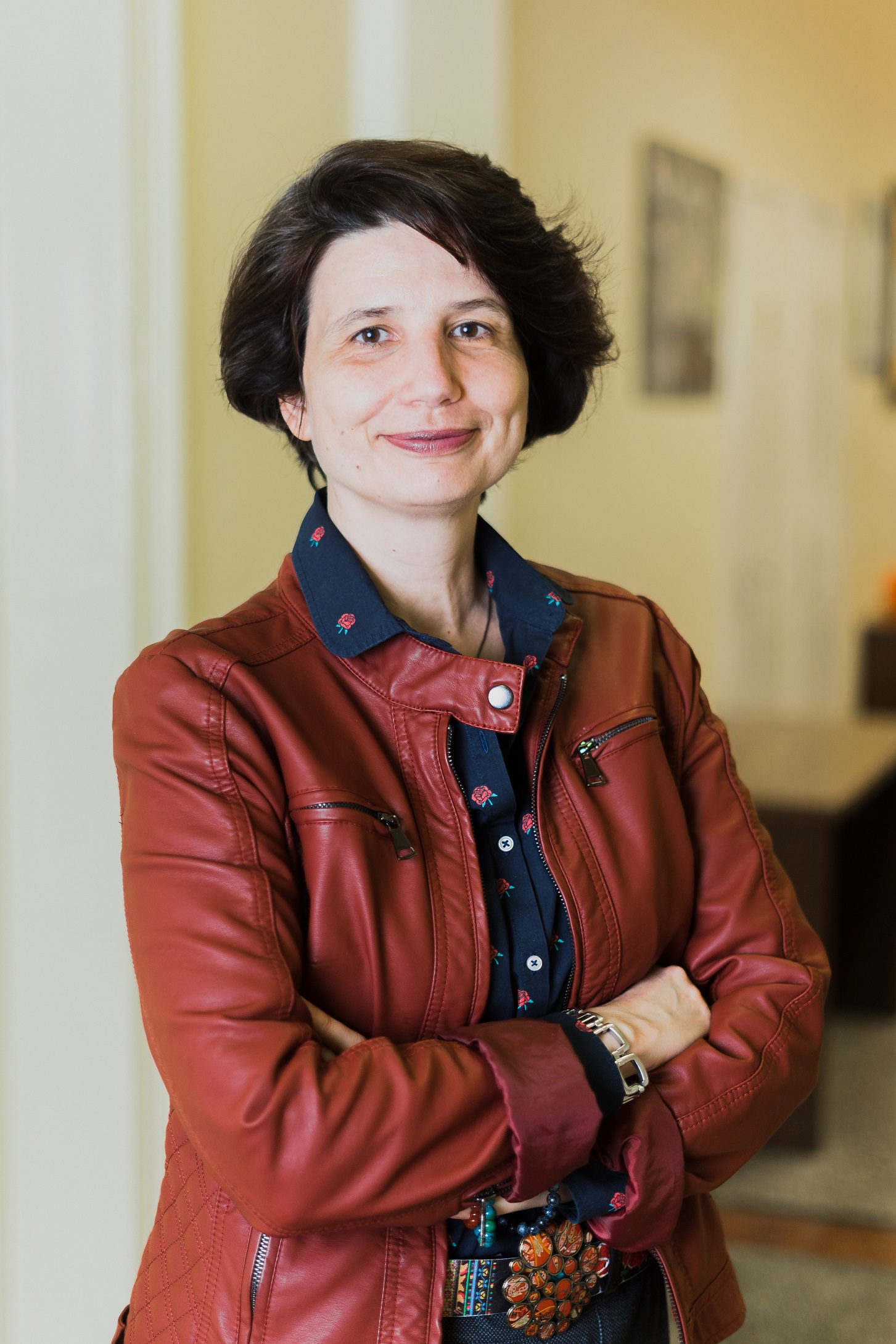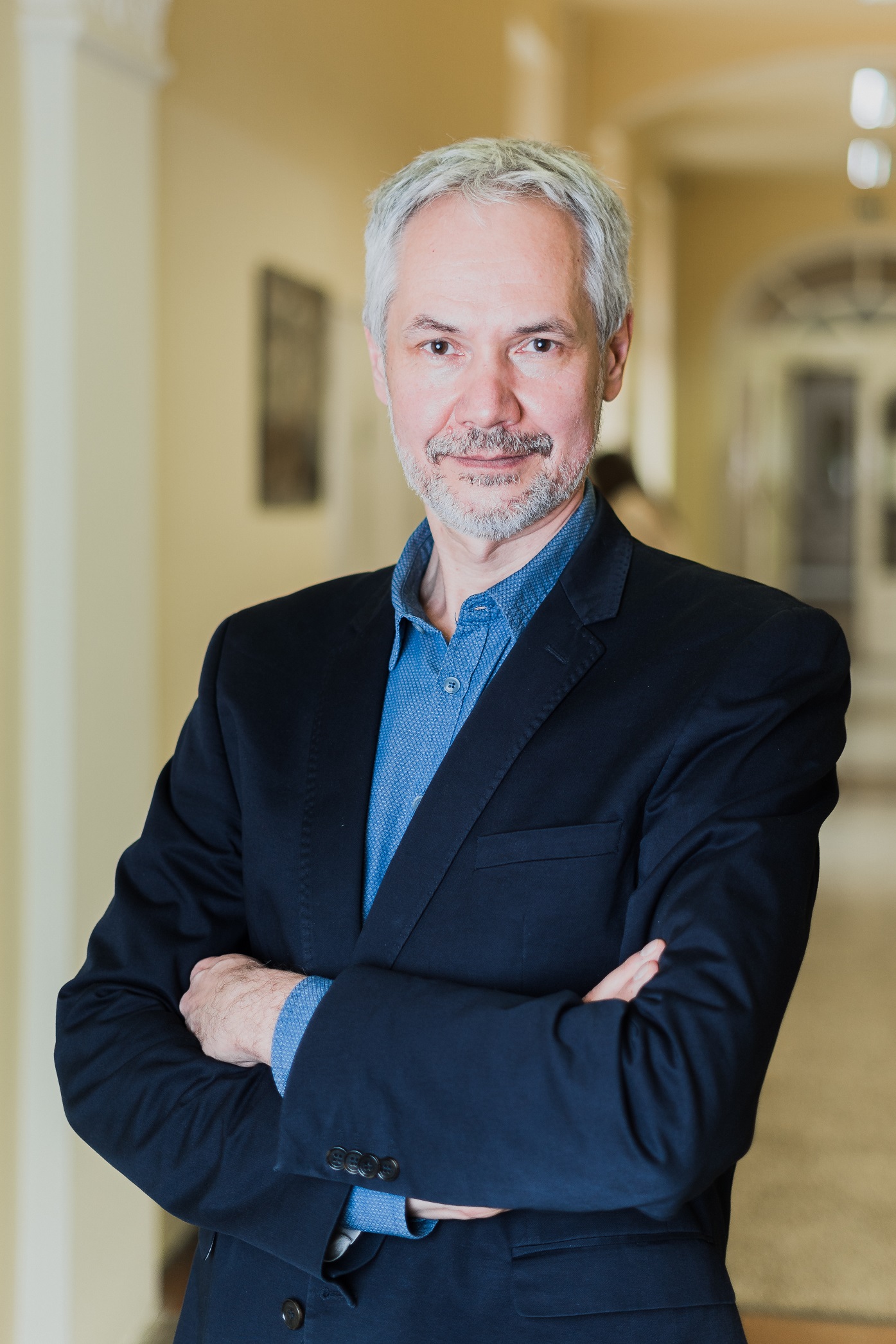Close Relationships
Close relationships are shaped by embodied interactions and the contexts in which they occur, indicating the use of space and place as an essential but understudied aspect of relationship research. Therefore, this work-stream will focus on the intersection of relationship science, environmental psychology and health psychology, and the usefulness of mapping close relationships in their everyday contexts. One example is the changing notion of (the family) home as a reflection of changes in close relationships and related changes in the wider societal context, such as gender (im)balance, new forms of families, domestic violence, the experience of the Covid-19 pandemic, and adjusting to aging and chronic illness in the family. Another aspect addressed is how close relationships can cope with the challenges of voluntary expatriation (and forced migration), using environmental strategies to alleviate stress and mobilize resources. We will also explore embodiedness of all these relational experiences and processes, thus providing a bridge to understanding how close relationships interact with individual health and illness.
We will consider questions such as:
- What are the environmental-psychological aspects of close relationships?
- How do home experiences reflect the functioning of close relationships and their societal context?
- What is the role of space and place use in the way close relationships cope with life challenges (e.g., changes in the family life cycle, chronic illness, and expatriation)?
- How methodological developments (e.g. experience mapping and emotional mapping) help researchers uncover the spatially and socially embedded experiences of individuals, couples, and communities?
- How can the understanding of embedded and embodied experiences be used in developing new types of psychological support and health promotion?
Workstream Leaders
Viola Sallay

Viola Sallay is a clinical health psychologist, systemic psychotherapist and Associate Professor at the Institute of Psychology, University of Szeged, Hungary and full professor at Sigmund Freud Private University, Vienna-Paris. Her research interests include environmental and systemic aspects of well-being, the role of environmental self-regulation in personal growth processes and the use of qualitative methodologies in well-being research.
Tamás Martos

Tamás Martos is a clinical health psychologist, systemic practitioner and Professor at the Institute of Psychology, University of Szeged, Hungary, and full professor at Sigmund Freud Private University, Vienna-Paris. His research interests include the role of motivational processes and goal constructs in healthy human functioning, measurement of positive psychological constructs, and systemic aspects of couple’s functioning.
